Related Research Articles
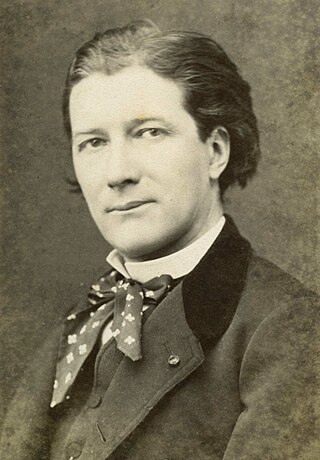
Victorien Sardou was a French dramatist. He is best remembered today for his development, along with Eugène Scribe, of the well-made play. He also wrote several plays that were made into popular 19th-century operas such as La Tosca (1887) on which Giacomo Puccini's opera Tosca (1900) is based, and Fédora (1882) and Madame Sans-Gêne (1893) that provided the subjects for the lyrical dramas Fedora (1898) and Madame Sans-Gêne (1915) by Umberto Giordano. His play Gismonda, from 1894, was also adapted into an opera of the same name by Henry Février.

Antoine Houdar de la Motte was a French author.

Jean Richepin was a French poet, novelist and dramatist.
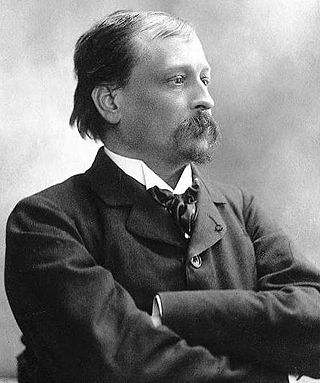
Georges Courteline born Georges Victor Marcel Moinaux was a French dramatist and novelist, a satirist notable for his sharp wit and cynical humor.
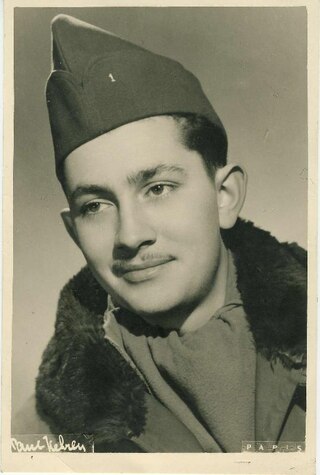
Jean-Claude Villeminot, better known as Jean-Claude Pascal, was a French comedian, actor, singer and writer.

Jean Raoul Robert Rochefort was a French actor. He received many accolades during his career, including an Honorary César in 1999.
Jean-Joseph Mouret was a French composer whose dramatic works made him one of the leading exponents of Baroque music in his country. Even though most of his works are rarely performed, Mouret's name survives today thanks to the popularity of the Fanfare-Rondeau from his first Suite de symphonies, which has been adopted as the signature tune of the PBS program Masterpiece and is a popular musical choice in many modern weddings.
Louis Fuzelier was a French playwright.

Robert Pellevé de La Motte-Ango, marquis de Flers was a French playwright, opera librettist, and journalist.
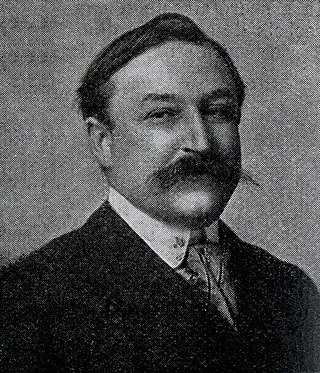
Gaston Arman de Caillavet was a French playwright.

Léocadia is a play by Jean Anouilh that premiered at the Théâtre de la Michodière in Paris on 2 December 1940. It is one of Anouilh's Pièces roses, together with Humulus le muet (1932), Le Bal des voleurs (1938), and Le Rendez-vous de Senlis (1941). For the occasion, Francis Poulenc composed one of his most celebrated songs, "Les Chemins de l'amour", sung by Yvonne Printemps.
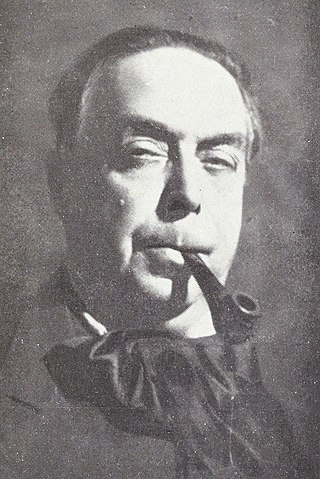
Henri Philippe Moïse Monteux was a French theatre and film actor, and an elder brother of the conductor Pierre Monteux. His family was descended from Sephardic Jews who settled in France.
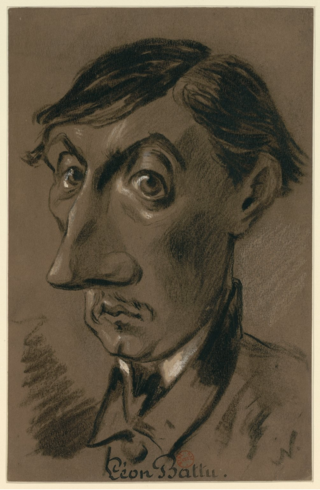
Léon Battu was a French dramatist, born 1829 in Paris, where he died on 22 November 1857.

Mehdi Dehbi is a Belgian actor and theatre director, known for his roles in La Folle Histoire d'amour de Simon Eskenazy, L'Infiltré (2011), Le Fils de l'Autre, Mary Queen of Scots (2013), and A Most Wanted Man (2014). In 2020, he played the title role in the Netflix series Messiah.
Alfred Delacour or Alfred-Charlemagne Delacour, real name Pierre-Alfred Lartigue, was a 19th-century French playwright and librettist.

Henri Charles Chivot was a French writer and playwright, mostly known as an operetta librettist.
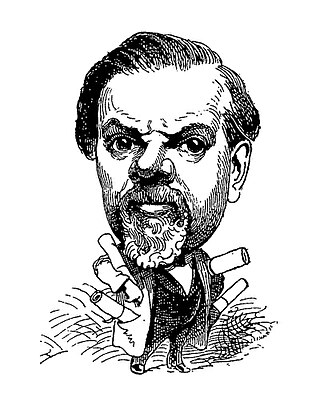
Louis-François-Marie Nicolaïe, better known as Clairville, was a 19th-century French comedian, poet, chansonnier, goguettier and playwright.
Jacques-Philippe d’Orneval called Dorneval was an 18th-century French playwright, born in Paris at an unknown date and died in 1766.

Michel Rostain (born 28 September 1942, in Mende, Lozère, is a French lyric and musical theater director as well as a writer.
Louis-Armand Chardin, called Chardiny was an 18th-century French composer.
References
- ↑ Anthony, James R. (2001). "La Font, Joseph de". Grove Music Online. doi:10.1093/gmo/9781561592630.article.41061. ISBN 978-1-56159-263-0.